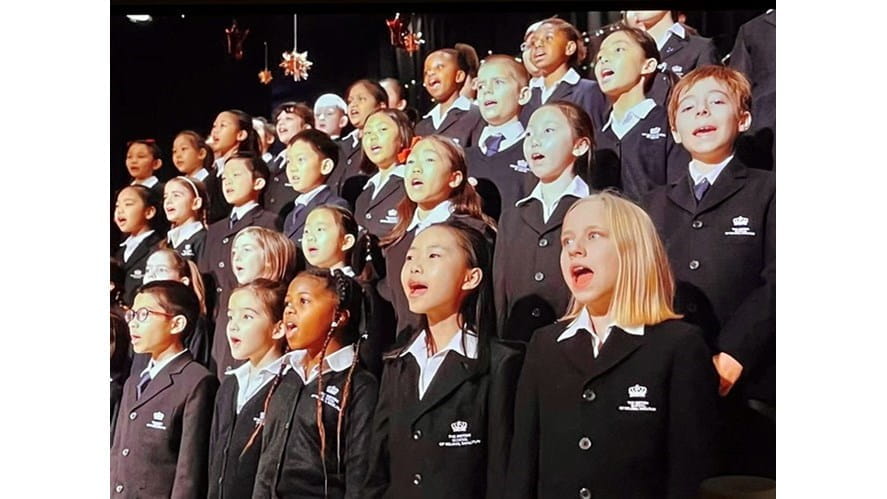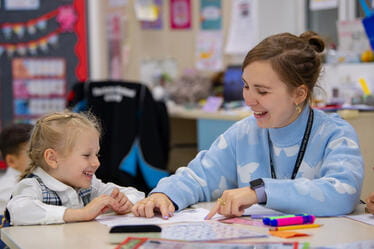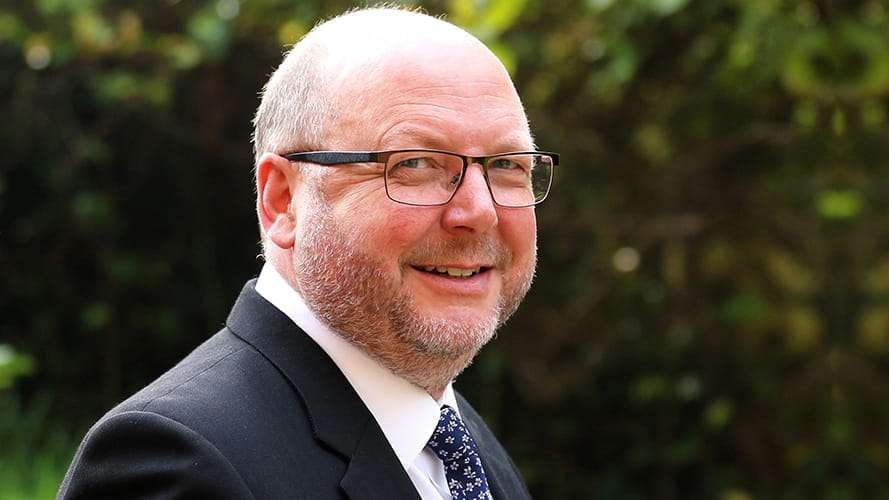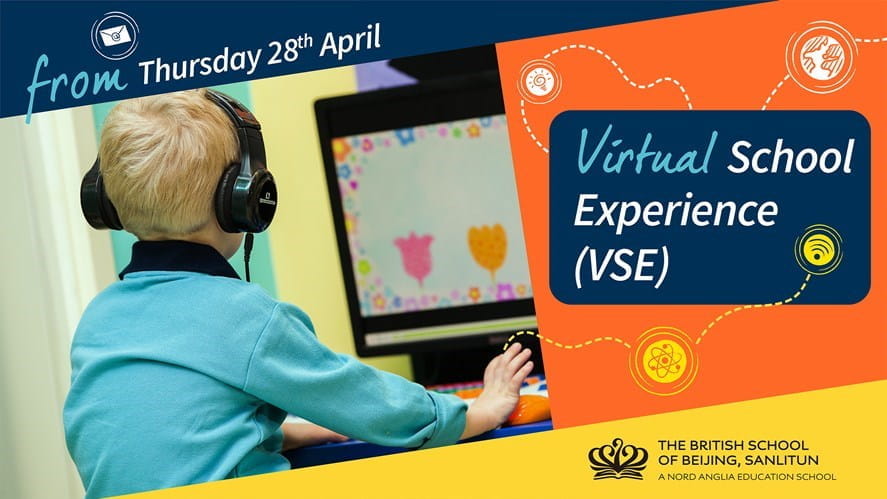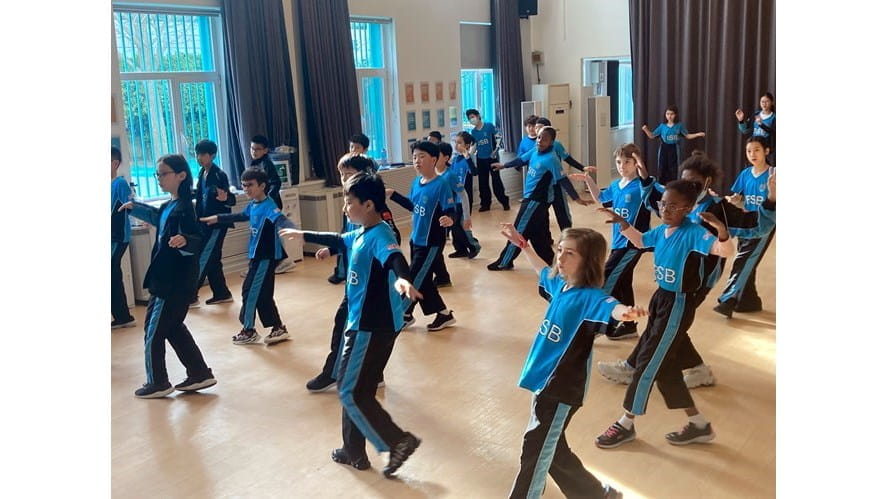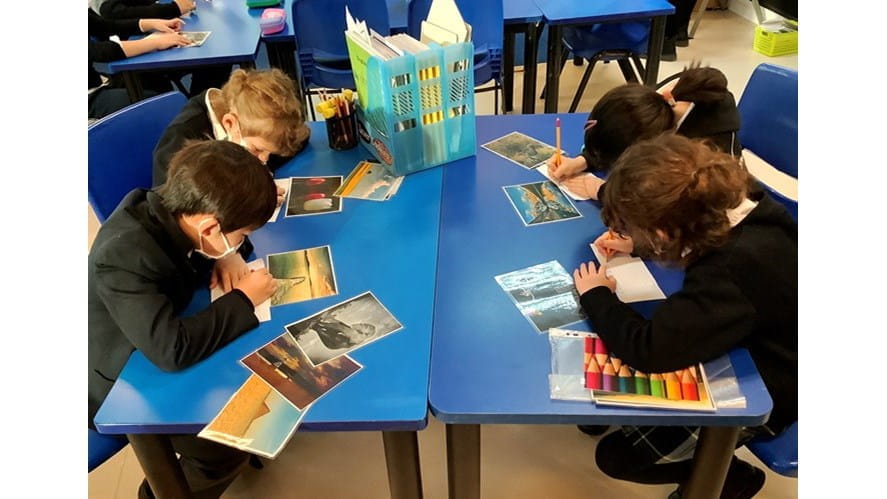WHY Performing Arts and the benefits of it in NAE schools When you check all the boxes on paper, but have nothing to show for it, how do you define success?
When you check all the boxes on paper, but have nothing to show for it, how do you define success?
https://www.ted.com/talks/vie_boheme_is_performing_art_worth_the_struggle
An interesting question that got stuck in my head as I have been thinking how to best highlight the importance of Performing Arts and how to best teach it to the young ones…and then the power of WHY- the question that is natural for small children but to all of us who are aware that it is also one of the most vital tools for success.
Educational theorists are increasingly highlighting the importance of “emotional intelligence” and this is one of the ways of letting off steam, dealing with anxieties, reducing frustrations and all of it is essential for good mental health. It’s also an opportunity for children to express themselves and to work out their emotions in an environment where consequences can be properly managed.
Another school in Australia also talked about the holistic benefits of Performing Arts:
"The performing arts in education provides students with the opportunity to engage the mind, the body and the emotions into a collaborative and communal expression of all that it means to be human - They discover their own voice, they grow in confidence... they develop empathy and ethical insight into the contradictions and paradoxes of the human condition."
But not only that! A study in 2012 reported that children who learn how to work individually through Performing Arts, refining their performance skills, tend to perform better across the board and can enjoy better academic performance.
Skills developed through participation in the Performing Arts are increasingly important in the workplace and therefore, key to a successful career: creativity, confidence, problem solving, perseverance, collaboration, focus, non-verbal communication, etc.
For example:
Performers in music ensembles realize that they must come to rehearsals thoroughly prepared and committed to dedicating rehearsal time to polishing the performance to the best of their ability. Planning and prioritizing work is critical to success.
It is widely recognised, for example, that reading and performing music is linked to mathematics, through counting, pace and rhythmical patterns.
Being a team player in a performing arts group means that students must accept different roles for different situations.
Acting and singing requires a lot of physical movement and energy and dancing is one of the best ways of getting fit, burning off calories and developing muscle control and stability.
Playing musical instruments builds fine motor skills and requires physical control and stamina, whether through controlled breathing, or dexterity and strength in manipulating the instruments.
When children from different backgrounds and cultures come together to put on a production, they learn to work together, develop an understanding and tolerance of different ideas and attitudes and a greater awareness and understanding of the world around them.
As these children become adults they are more willing and able to work with other people who are different from them and can enjoy the many benefits of the strong communities they have built.
While Performing Arts allow children to develop creative passions, they simultaneously teach them language and communication skills, helping them to communicate effectively with others and with confidence.
Overall, Performing Arts education in schools has been very beneficial and has proven to ignite creativity, confidence, critical thinking skills, and academic achievement in students. One of the major arguments for this type of education in schools is that it improves test scores in other academic areas.
Finally, I would like to leave you with a quote from David Rubenstein, chairman of the Kennedy Center for the Performing Arts: "The world is a complicated place, and there's a lot of division between people. The Performing Arts tend to unify people in a way nothing else does."
By Iva Borisavljevic
Head of Performing Arts and Choir Conductor

